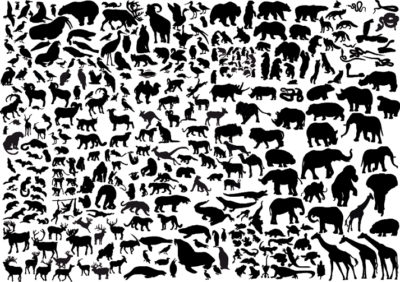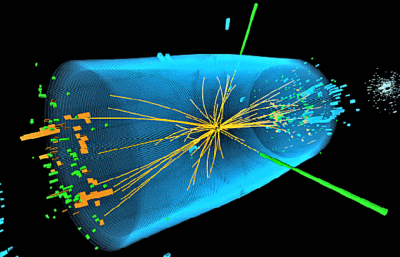by Richard William Nelson | Jul 27, 2014
 Greek philosophers are thought to be the first to classify animals and plants, each class having similar attributes. While the story behind the term species (Greek εἶδος) began with Plato, defining the meaning of species continues to be controversial.
Greek philosophers are thought to be the first to classify animals and plants, each class having similar attributes. While the story behind the term species (Greek εἶδος) began with Plato, defining the meaning of species continues to be controversial.
Building on Plato, Aristotle used genus (γένος) and species as philosophical categories. A genus was a category, and a species was a subcategory of a genus. At the time, the two terms were just as often applied to inanimate things as to living ones. The term continues looking for its definition.
Charles Darwin agonized over the longstanding problem of the term. In The Origin of Species, Darwin wrote,
“… of the term species. No one definition has satisfied all naturalists.”
Continue Reading
by Richard William Nelson | Jul 5, 2014
 After spending more than $6 billion on constructing the particle collider in Western Europe, known as the Large Hadron Collider (LHC) (pictured below),
After spending more than $6 billion on constructing the particle collider in Western Europe, known as the Large Hadron Collider (LHC) (pictured below),
In the search to solve physics’ greatest mysteries, the evidence seems to point to one astounding fact – “the universe shouldn’t exist.”
Physicists Peter Higgs and François Englert, working on the most expensive experiment in the history of science, were awarded the Nobel Prize in Physics fin 2012 for the discovery of the long-sought-after Higgs boson or Higgs particle (pictured left), which is pivotal to the Standard Model of physics.
While the evidence continues to validate the particle’s existence, ironically, the evidence may unravel the Big Bang theory for the universe’s origin.
Continue Reading
 Greek philosophers are thought to be the first to classify animals and plants, each class having similar attributes. While the story behind the term species (Greek εἶδος) began with Plato, defining the meaning of species continues to be controversial.
Greek philosophers are thought to be the first to classify animals and plants, each class having similar attributes. While the story behind the term species (Greek εἶδος) began with Plato, defining the meaning of species continues to be controversial.
 After spending more than $6 billion on constructing the particle collider in Western Europe, known as the
After spending more than $6 billion on constructing the particle collider in Western Europe, known as the 